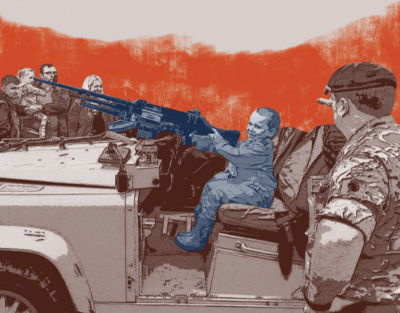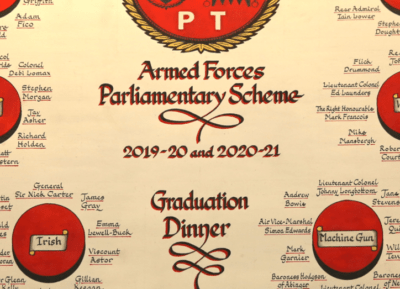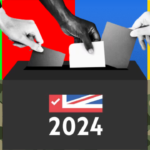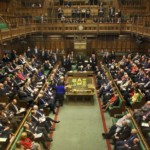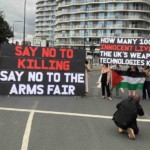Poppy Appeal is a political tool to support current wars
Wales On Sunday
The true meaning of the poppy is being forgotten as it becomes a political tool to support current wars, a former elite soldier has claimed. Ben Griffin, the first SAS soldier to refuse to go into combat, also said the use of the word “hero” to describe soldiers glorified war and was an “attempt to stifle criticism” of conflicts the UK is currently fighting.
The true meaning of the poppy is being forgotten as it becomes a political tool to support current wars, a former elite soldier has claimed.
Ben Griffin, the first SAS soldier to refuse to go into combat, also said the use of the word “hero” to describe soldiers glorified war and was an “attempt to stifle criticism” of conflicts the UK is currently fighting.
Mr Griffin’s claims echo an increasing body of opinion that the Royal British Legion’s Poppy Appeal’s promotion by key political and cultural figures is undermining the true message of Remembrance Day.
The Royal British Legion began using the poppy as a symbol for fundraising in the 1920s. Money used goes to help wounded servicemen past and serving and their families.
It also marks Remembrance Day, held on the second Sunday in November, which is usually the Sunday nearest to November 11, the date in 1918 on which World War I ended.
It commemorates the sacrifices of members of the armed forces and of civilians.
But Mr Griffin, who quit the army in 2005 on moral grounds, claims it has been turned into a “month-long drum roll of support for current wars”.
Griffin, who went to school in Machynlleth and Swansea, told Wales On Sunday: “This year’s [national] campaign was launched by inviting The Saturdays to frolic half naked in a sea of poppies.
“The judges on X Factor [at the request of the Royal British Legion] have taken to wearing grotesque poppy fashion items.
“The RBL would say they are modernising and appealing to a younger generation. I disagree. I think that their stunts trivialise, normalise and sanitise war.”
Griffin, now a London ambulance driver who served for eight years in the Parachute Regiment, went on: “The use of the word ‘hero’ glorifies war and glosses over the ugly reality.
“War is nothing like a John Wayne movie. There is nothing heroic about being blown up in a vehicle, there is nothing heroic about being shot in an ambush and there is nothing heroic about the deaths of countless civilians.
“Calling our soldiers heroes is an attempt to stifle criticism of the wars we are fighting in.
“It leads us to that most subtle piece of propaganda: You might not support the war but you must support our heroes, ergo you support the war.
“It is revealing that those who send our forces to war and those that spread war propaganda are the ones who choose to wear poppies weeks in advance of Armistice Day.”
Peace Pledge Union spokesman Albert Beale said: “Politicians clothe themselves in the red poppy. There’s something about a Remembrance Day ceremony that blinds you to reality.
“There’s also the sense that if you don’t wear the red poppy, you are not supporting our boys.
“Some people support them because of their suffering – but not the political aim they are being sent out to Afghanistan to fulfil.
“It is being used by politicians to support their agenda.”
Adam Johannes, of the Stop the War Coalition in Cardiff, said: “The politicians who lay wreaths at the Cenotaph will use the poppy to drum up support for continued unjust and unwinnable wars. It is no accident that we have seen an increase in the last five years of military parades, the invention of Armed Forces Day, militarism and jingoism.”
But former UN ambassador Sir Emyr Jones Parry disagreed, saying: “The poppy doesn’t glorify or seek to justify war, but it rightly recognises the sacrifices made by individuals on behalf of their country.”
And relatives of servicemen also questioned the claims.
Terrence Flowers, 79, from Blackwood, whose grandson Miykael Martin is serving in Afghanistan, where he has twice been shot, said what mattered was that Poppy Appeal money got to the right people.
He said: “I’m supportive of the army, but not the reason they’re fighting.”
Robert Lee, the British Legion’s spokesman, said: “There is nothing in our appeal or campaigning which supports, or does not support, war: We are totally neutral.”
See more: military in society, remembrance,

